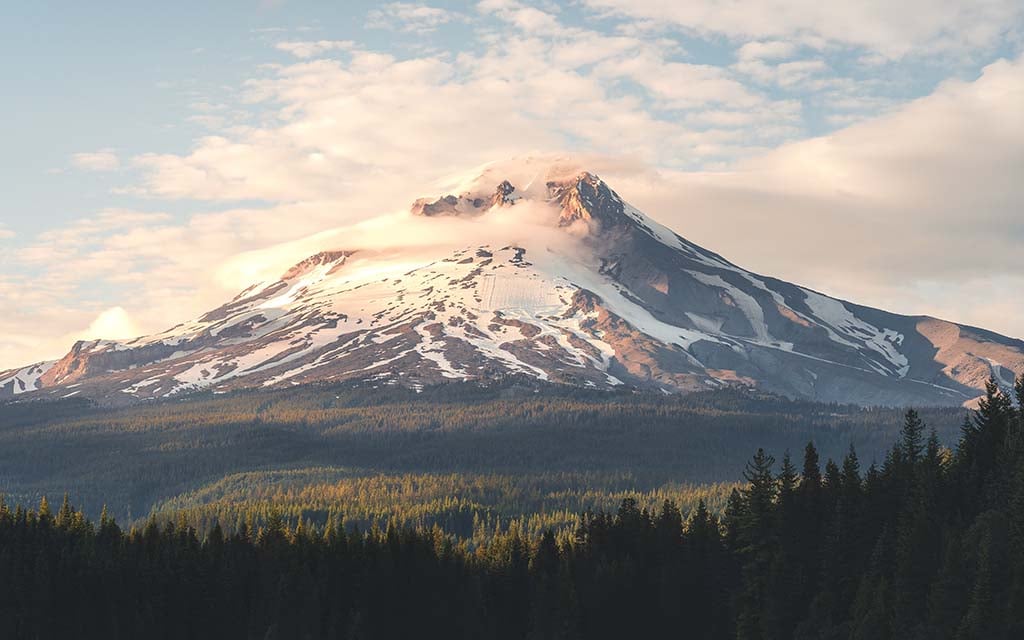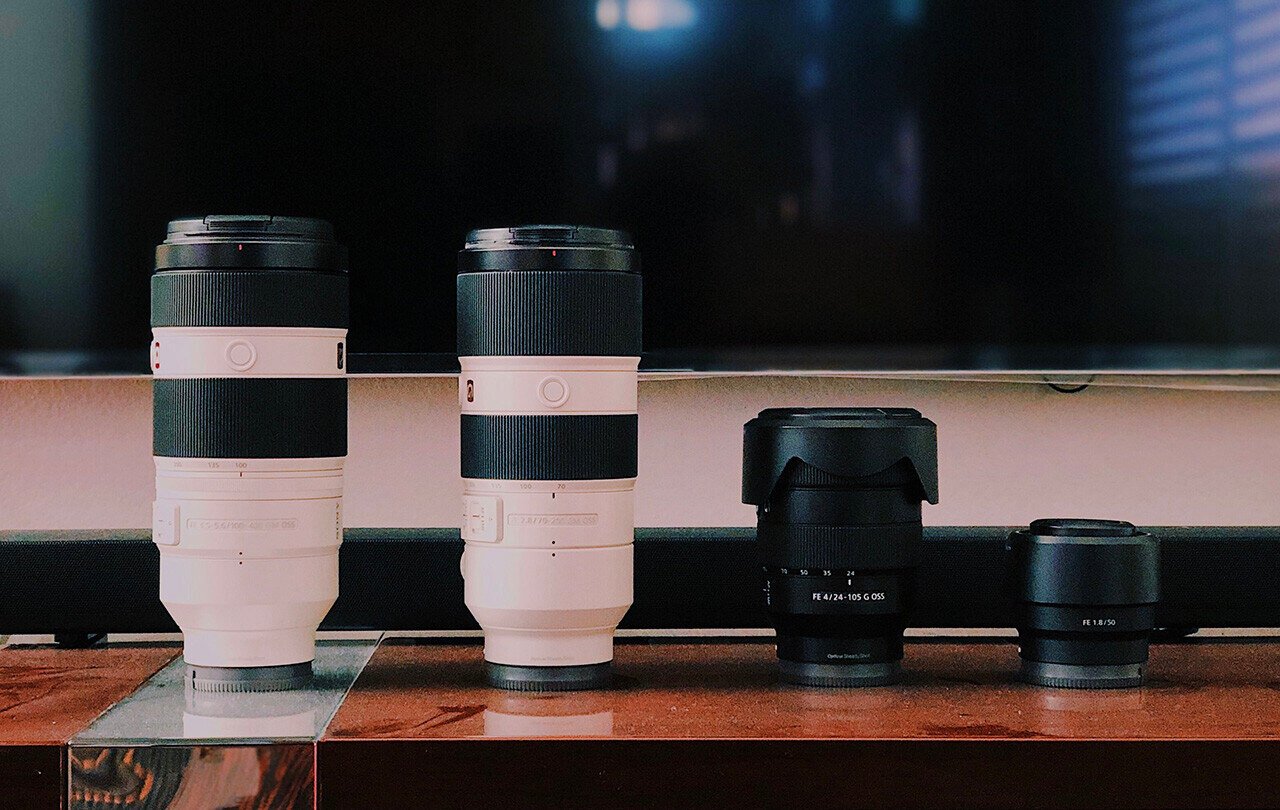
What type of camera and lenses do you use?
I shoot on a Sony a7iii and own four lenses currently. Pictured above from left to right are: 100-400mm GM, 70-200mm f2.8 GM, 24-105mm f4, and 50mm f1.8. My most used lens is the 24-105 because of its versatility in reach from practically a wide angle to enough zoom, not to mention it's light and extremely sharp.
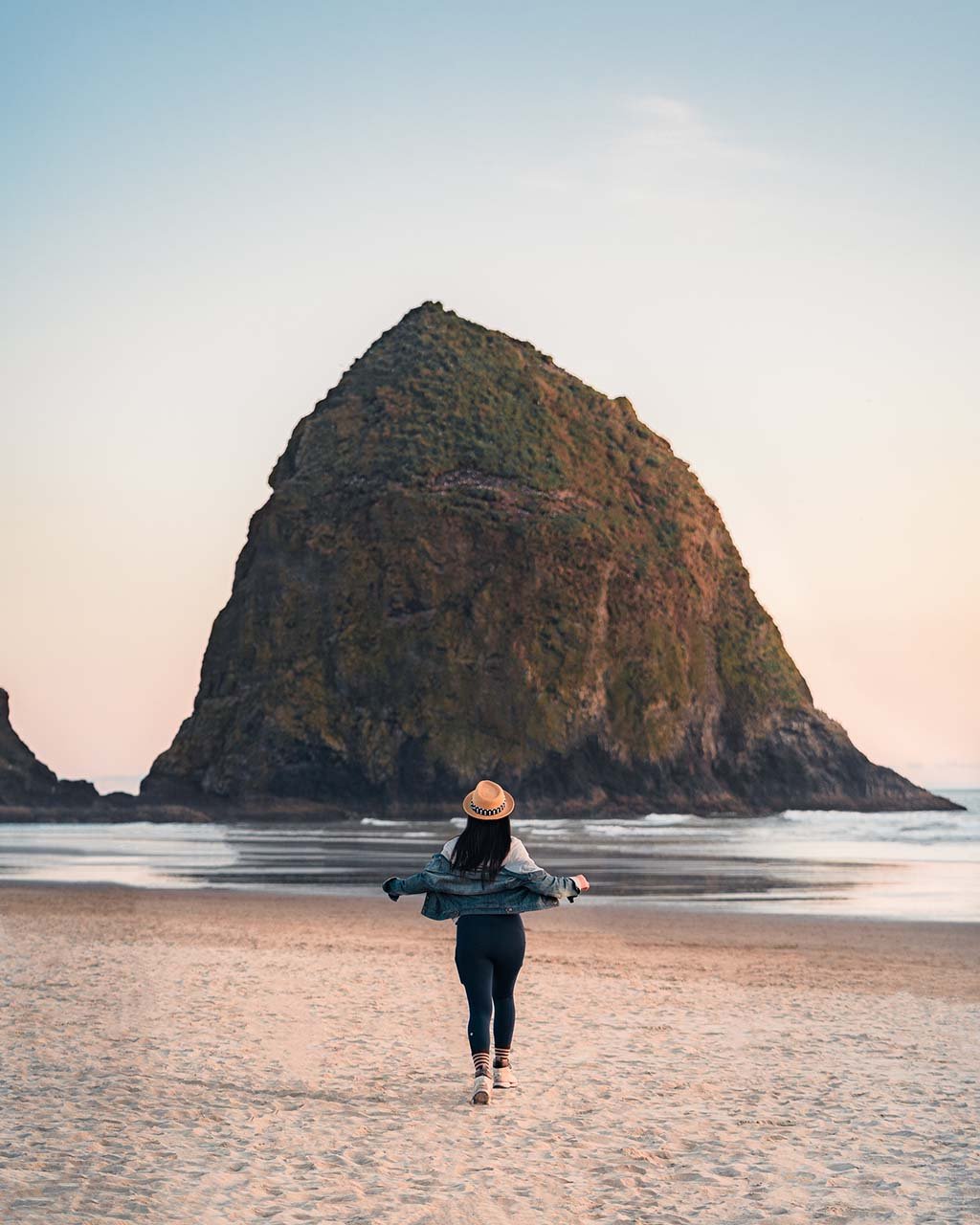
How did you get into photography?
I've always enjoyed documenting my life — whether I’m exploring a new place, trying different cuisine, or on an afternoon hike with my friends. I would capture whatever I see that was aesthetically pleasing to me on my phone, which was probably how a lot of photographers started out. Eventually, my friends suggested that I should share those photos elsewhere and perhaps look into actual cameras. So when I graduated from college, I was gifted a DSLR and have been practicing and doing photography ever since!
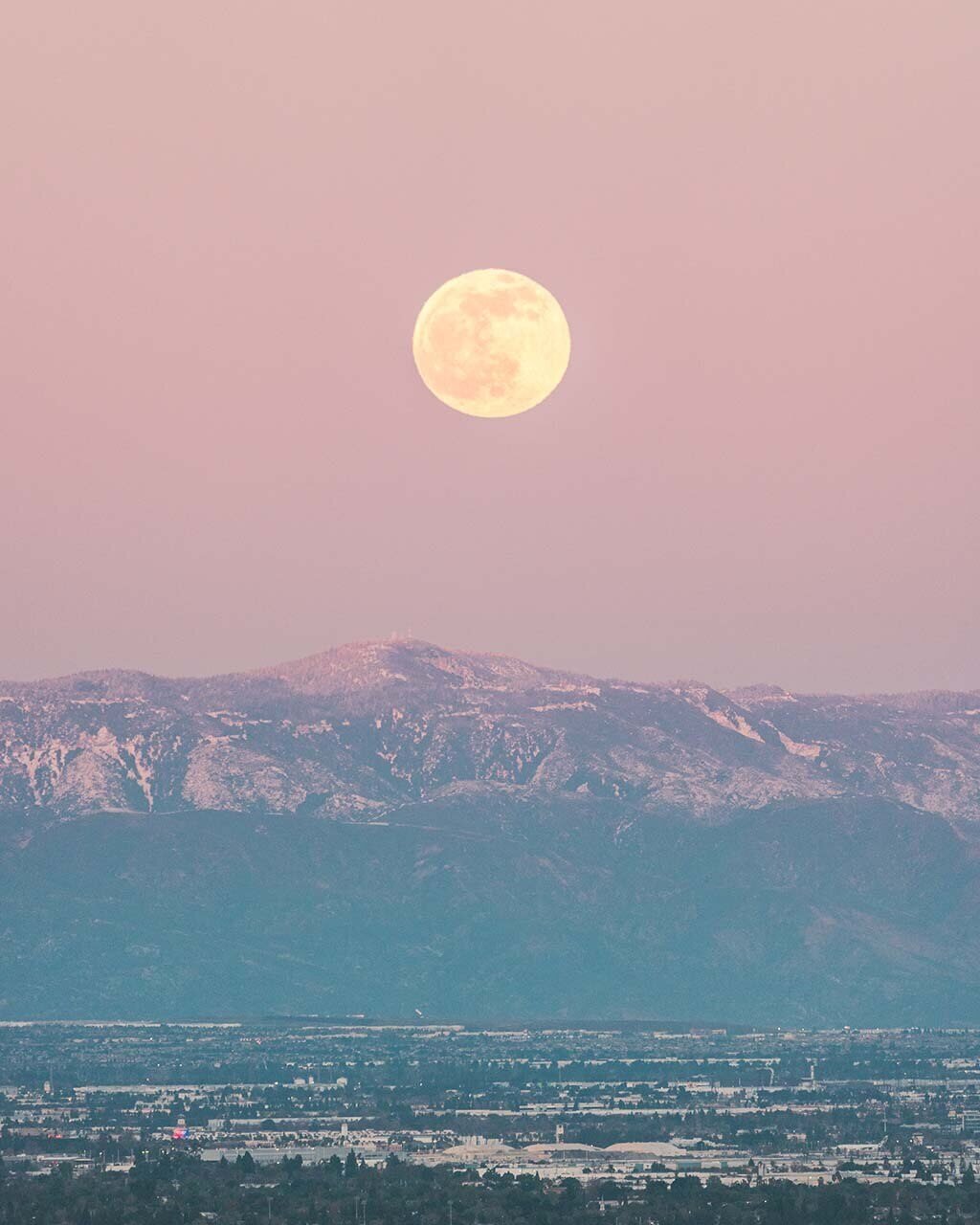
Where do you look for inspiration?
I was based in the Bay Area when I first picked up a camera, so a lot of the "OG" photographers there as well as some of the well-known photographers in Germany really inspired me. They were able to capture dreamy, almost magical shots and bring out such strong emotions through their photography and storytelling — I remember thinking 'I want to do that one day, be able to create such images and feelings with my photography.' Nowadays, I would take what I like from multiple photographers and see if I can re-create that in my own way. I'd also share photo ideas with the friends that I travel with and see how we can add a twist and make it our own.
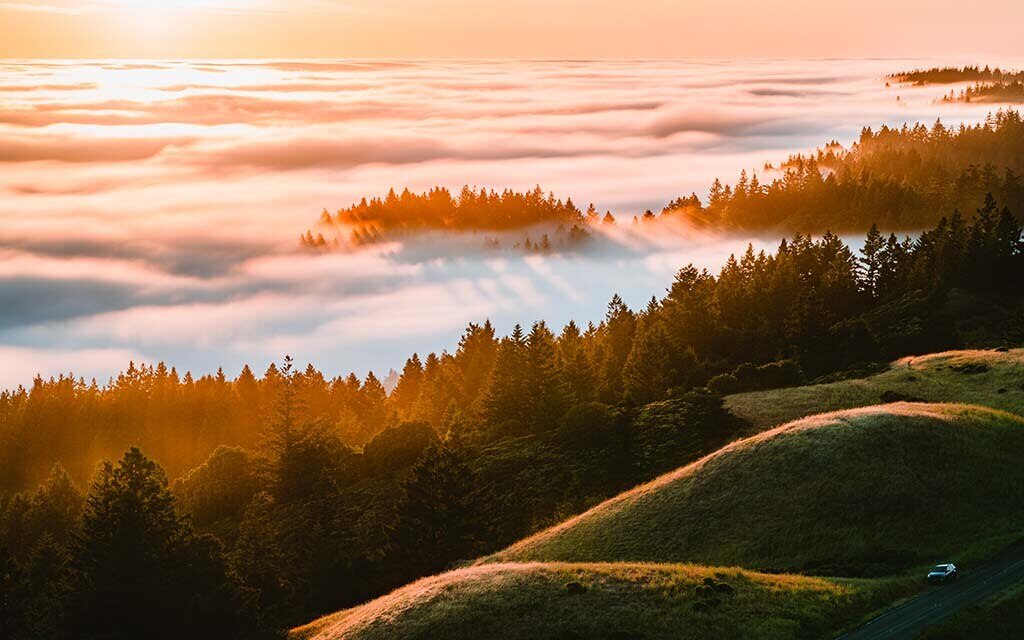
What subject draws you to take a photo of it? (Examples: working with light, long exposure)
This is a tough question because there are many "subjects" I love taking photos of! For one, I love the moon. I can stare at it all day (or night), and if that's the only thing I can photograph for the rest of my life, I think I'd be quite happy doing so. Even though the moon will always be the moon, she'll look different every night in different conditions and through all her phases. It's just so fascinating to me, and photographing the moon always brings me an unexplainable but wonderful feeling.
I also enjoy chasing and capturing fog because of the challenge that comes with unpredictable and changing conditions for fog. Capturing fog tests your patience and trains your eye, and chasing fog helps you become better at reading/understanding weather, which is no doubt a big part of landscape photography. Besides the moon and fog, I love photographing mountain peaks and layers upon layers because of the sense of scale and depth they create.
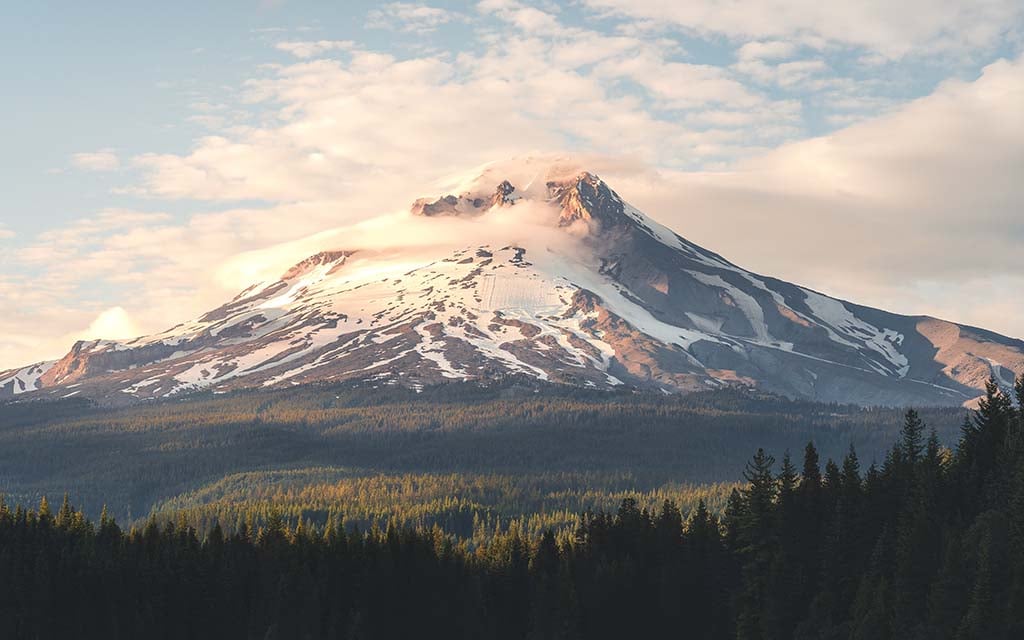
What’s your favorite image you’ve captured? (Share the story or how you captured it)
This is also a tough question, but as of now, it'd be this shot of Mt. Hood that I took in July 2020! In 2018, when I had just started getting into landscapes, I went on my first multi-day road trip as well as my first "photography trip" to Oregon with some friends. Luckily enough, we were able to capture a beautiful sunrise at Trillium Lake and see all of Mt. Hood for 40 minutes before the fog rolled in and blocked the view again. At that time, those images were also my favorites because I finally got it. I felt like a light went on in my mind/creative eye, and I was able to capture much better-composed photos and started to edit better.
Well, I had visited Oregon at least once a year ever since and always tried to include the Mt. Hood area in my schedule. However, the two times that I went after 2018, I didn't have the luck I had the first time. It was overcast/fogged out both times, and there was no sign of the sky clearing at all. On this most recent trip in July 2020, the mountain was completely covered at sunrise and was still partially covered when my friend and I arrived at the lake at 11am. Nevertheless, we decided to wait as long as we had to that day to see the peak. So we found a spot, brought our snacks, and just sat there and talked and waited.
Then around 3pm, it started raining. We had to take shelter in our lodging nearby because it was really coming down, but we went back once the rain stopped. That was ~5:30p and the peak was still covered. So we waited and waited some more, really hoping that this all wouldn't be for nothing. Around 30min before sunset, the clouds really did start rolling away and we could FINALLY see the peak of Mt. Hood. I was definitely screaming and jumping for joy because two years and three tries later, I was finally able to see, and photograph, this mountain again.
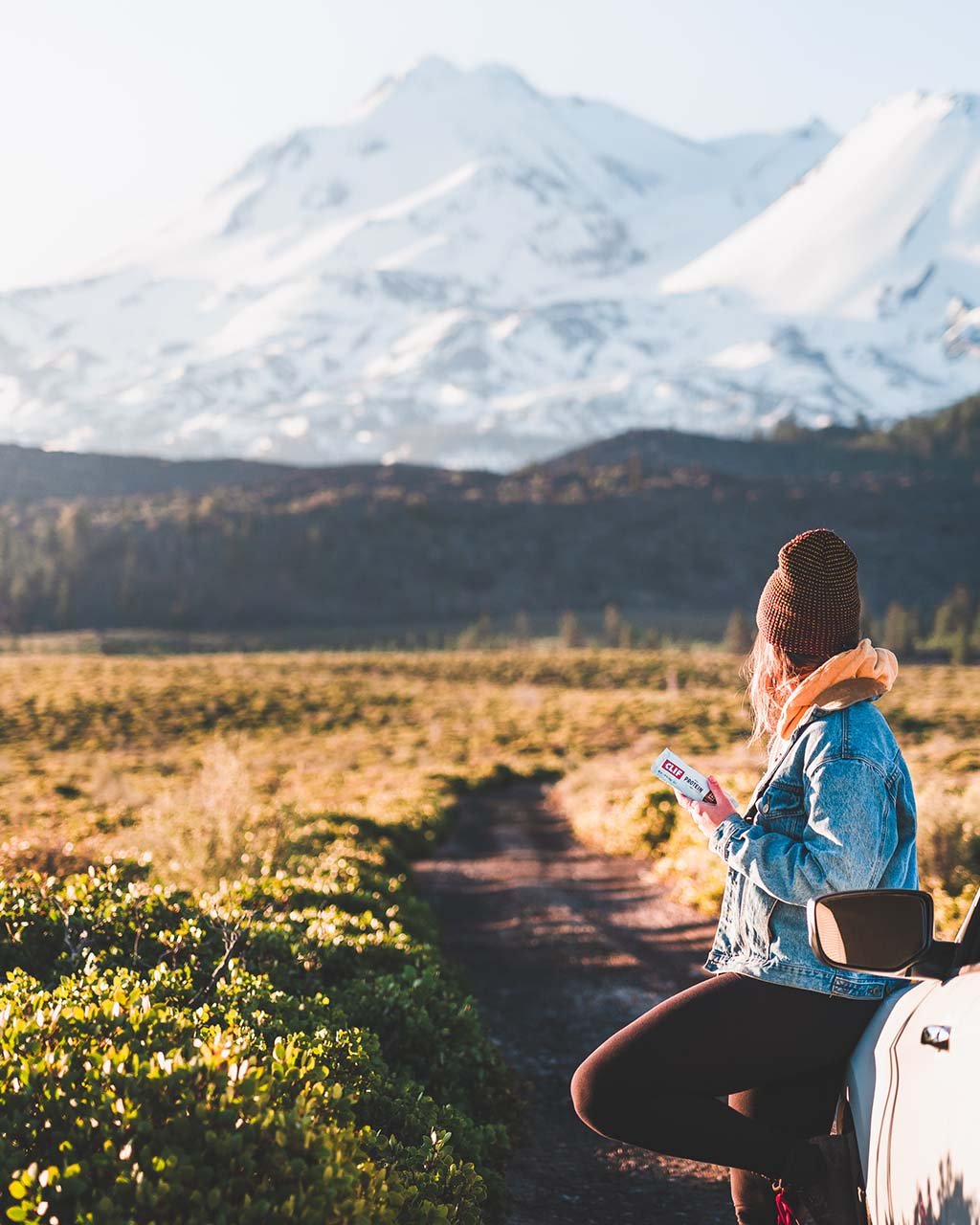
What advice would you give to someone starting a career in photography?
Since I currently don't have a career in photography, I'd like to change that to "having an interest" or "trying a hobby" in photography. I'd say, "be patient, practice your craft whenever you can, learn from artists who inspire you, don't be afraid to make mistakes, and find your own community."
A lot of photography that people don't know about or don't see is patience, preparation, and practice, which I think is more impactful than having a creative eye and a great skillset. If you are into landscape/adventure photography like me, half of what makes a shot amazing is the conditions — and getting the right conditions takes patience, preparation, and also perseverance. Take my Mt. Hood shot for example— it took me two years to see the mountain again, and I almost didn't see it that day either (definitely wouldn't have if I just stayed in after the rain). So have patience, do everything you can to be prepared for where you're going / what you're shooting, and don't give up just because you didn't get the shot this time.
Next, as with anything else, practice makes perfect. If you want to improve your photography skills, whether that's knowing how to frame/compose images better or capture better light, grab your camera and go shoot whenever you can. Even when the weather isn't optimal for shooting, being in those conditions will force you to not only get creative but also train you to have a better understanding and control of your camera settings. Plus, think of it as practice for the day when the conditions are in your favor.
We all start somewhere, so it's okay to want to imitate those who inspire you and make mistakes. That's how we learn and get better and better each time, and hopefully to their levels one day. Over time, as you try to re-create what you see from your favorite artists, you will find your own style and one day have something that makes your work you. Until then, keep learning and growing!
Lastly, doing photography should be fun — whether you're out chasing adventure or capturing special moments for people. When possible, network with like-minded artists and don't be afraid to reach out to get together sometime. I've definitely met a lot of talented individuals through photography and call a few of them my best friends now, so don't forget the person behind every image.
